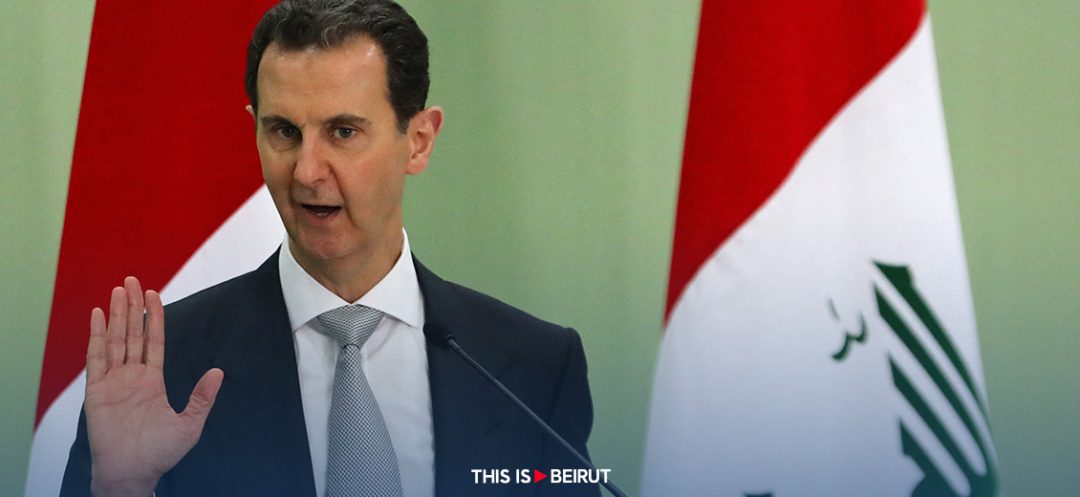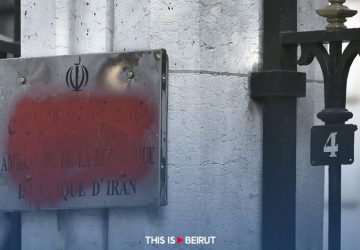The General Prosecutor’s Office of the Paris Court of Appeal stated on Tuesday to AFP that it had referred the French arrest warrant for Bashar al-Assad to the Court of Cassation for a ruling on a “legal question.” Al-Assad is accused of complicity in crimes against humanity for the 2013 chemical attacks in Syria.
“Without calling into question the merits of the case, in particular the existence of serious or corroborating evidence against Bashar al-Assad making it likely that he participated” in these murderous attacks, the Public Prosecutor’s Office considers “that it is necessary for the position taken by the Investigating Chamber of the Paris Court of Appeal on the question of the personal immunity of a sitting head of state for offences of this nature to be examined by the highest court of the judicial system.”
While not challenging the substance of the case, particularly the existence of serious or consistent evidence suggesting Bashar al-Assad’s participation” in these deadly attacks, the General Prosecutor’s Office believes that “it is necessary for the position taken by the Chamber of Instruction of the Court of Appeals in Paris regarding the personal immunity of a sitting head of state for offenses of this nature to be examined by the highest judicial authority.”
“This decision has no political character. The aim is to settle a legal question that goes beyond the case in point,” the public prosecutor’s office, which lodged the appeal on June 28, told AFP.
The arrest warrant was issued in November 2023 by two investigating judges in Paris who have been investigating the chain of command behind the chemical attacks near Damascus in August 2013, which, according to US intelligence, resulted in over 1,000 deaths.
The French National Anti-Terrorism Prosecutor’s Office (Pnat) challenged the validity of the arrest warrant on appeal, citing the absolute immunity enjoyed by sitting heads of state before the courts of foreign countries. A practice of international law based on mutual respect for sovereignty.
But on June 26, the investigating chamber sided with the civil parties’ analysis, ruling out immunity.
The Court of Appeals ruled that the crimes qualified as complicity in war crimes and crimes against humanity, “cannot be considered as part of the official functions of a Head of State.”
The appeal lodged by the Public Prosecutor’s Office has caused bewilderment among the civil parties.
“This appeal once again threatens the victims’ efforts to ensure that Bashar al-Assad is finally tried before an independent court,” said Jeanne Sulzer and Clémence Witt, lawyers for the victims and for four civil party NGOs – the Syrian Center for Media and Freedom of Expression (SCM), the Open Society Justice Initiative, the Syrian Archive and Civil Rights Defenders.
“We see this appeal as a political maneuver aimed at protecting dictators and war criminals,” SCM president Mazen Darwish told AFP.
Lawyer Clémence Bectarte expressed the “immense disappointment” of the seven victims she represents, “who had hoped that the public prosecutor’s office would stop there” and “finally stand by their side.”
With AFP







